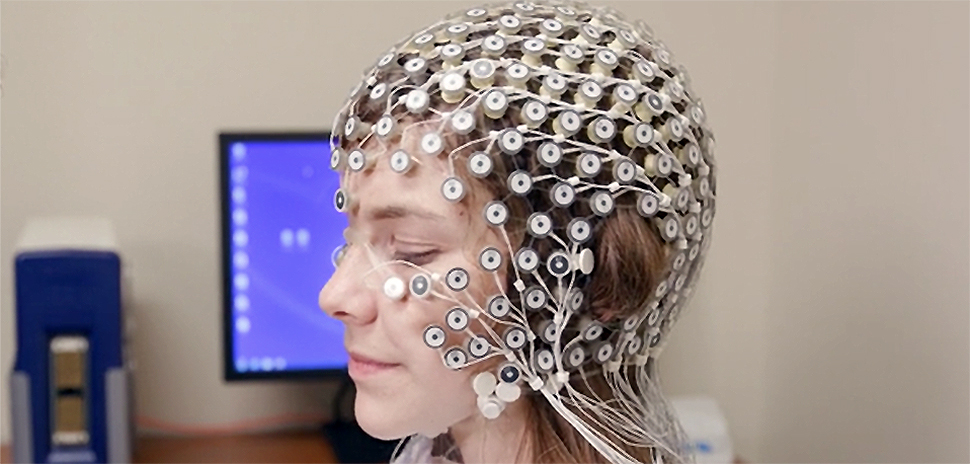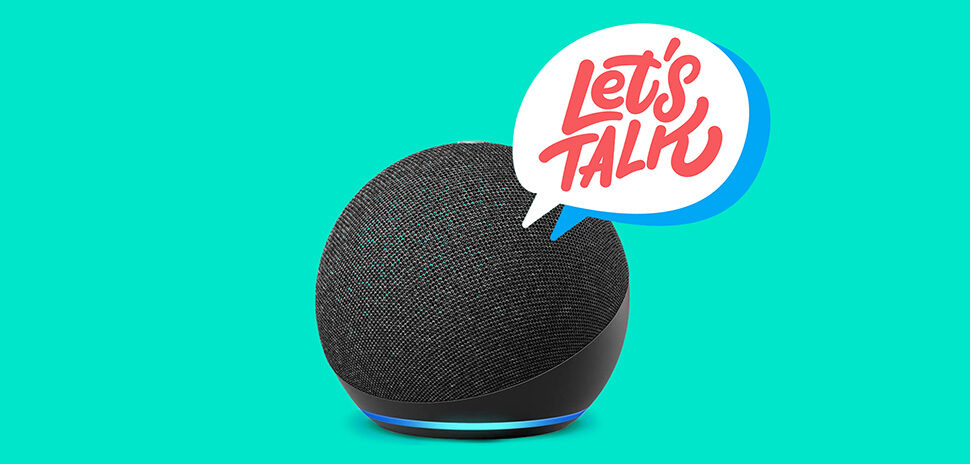Through the “world’s largest depression study,” leaders in mental health research have created artificial intelligence that can help them predict the efficacy of antidepressant drugs in patients with great accuracy.
A national trial initiated in 2011 by UT Southwestern Medical Center has since led to the creation of a computer using AI to accurately predict if an antidepressant will work based on the patient’s brain activity.

Madhukar Trivedi [Image: Courtesy UTSW]
UT Southwestern calls the computer the “flagship finding” of the project to better understand mood disorders. In fact, researchers forecast that tools such as AI, brain imaging, and blood tests will revolutionize psychiatry moving forward.
The work could possibly lead to improvements in antidepressant treatments for many people with depression. According to the National Institutes of Health, major depression is one of the most common mental disorders in the nation with an estimated 17.3 million adults having at least one major depressive episode. That’s more than 7 percent of the adult U.S. population.
UTSW’s newly published research is the latest among several studies that have evolved from the trial that, in aggregate, show how high-tech strategies can assist physicians in objectively diagnosing and prescribing depression treatments.
“These studies have been a bigger success than anyone on our team could have imagined,” Madhukar Trivedi, M.D., a UT Southwestern psychiatrist who oversaw the multi-site trial involving Stanford and Harvard as well as other institutions, said in a statement. “We provided abundant data to show we can move past the guessing game of choosing depression treatments and alter the mindset of how the disease should be diagnosed and treated.”
We first told you about Trivedi’s depression research in 2016 when he pointed out that research alone won’t make the greatest improvement in the treatment of depression, instead, the public must be more supportive of that research.
Last fall, we reported on the work Trivedi’s team was doing in using artificial intelligence to identify brain activity patterns that make patients less responsive to some antidepressants.
This new study published in Nature Biotechnology included 300 participants with depression who were chosen randomly to receive either a selective serotonin reuptake inhibitor (SSRI) or a placebo. An SSRI is the most common class of antidepressant.
UT Southwestern developed a machine-learning algorithm
The researchers used an electroencephalogram (EEG) to measure electrical activity in the participants’ cortex before they began treatment. To predict which patients would benefit from the medication within two months, the team developed a machine-learning algorithm to analyze the EEG data.
The AI accurately predicted outcomes, while further research suggested patients who were doubtful to respond to an antidepressant were likely to improve with other interventions such as psychotherapy or brain stimulation. Researchers validated their findings in three more patient groups.
“This study takes previous research, showing that we can predict who benefits from an antidepressant, and actually brings it to the point of practical utility,” Amit Etkin, M.D., Ph.D., a Stanford University psychiatry professor who worked with Trivedi to develop the algorithm, said in a statement.
Still, there’s plenty of work to be done, according to the researchers.
Next, the researchers plan to develop an AI interface, which can be integrated with EEGs nationwide. And, they need to seek approval from the U.S. Food and Drug Administration.
Watch this
Results came in from the depression study back in 2018, and UT Southwestern said it could change the field of medicine.
![]()
Get on the list.
Dallas Innovates, every day.
Sign up to keep your eye on what’s new and next in Dallas-Fort Worth, every day.






























